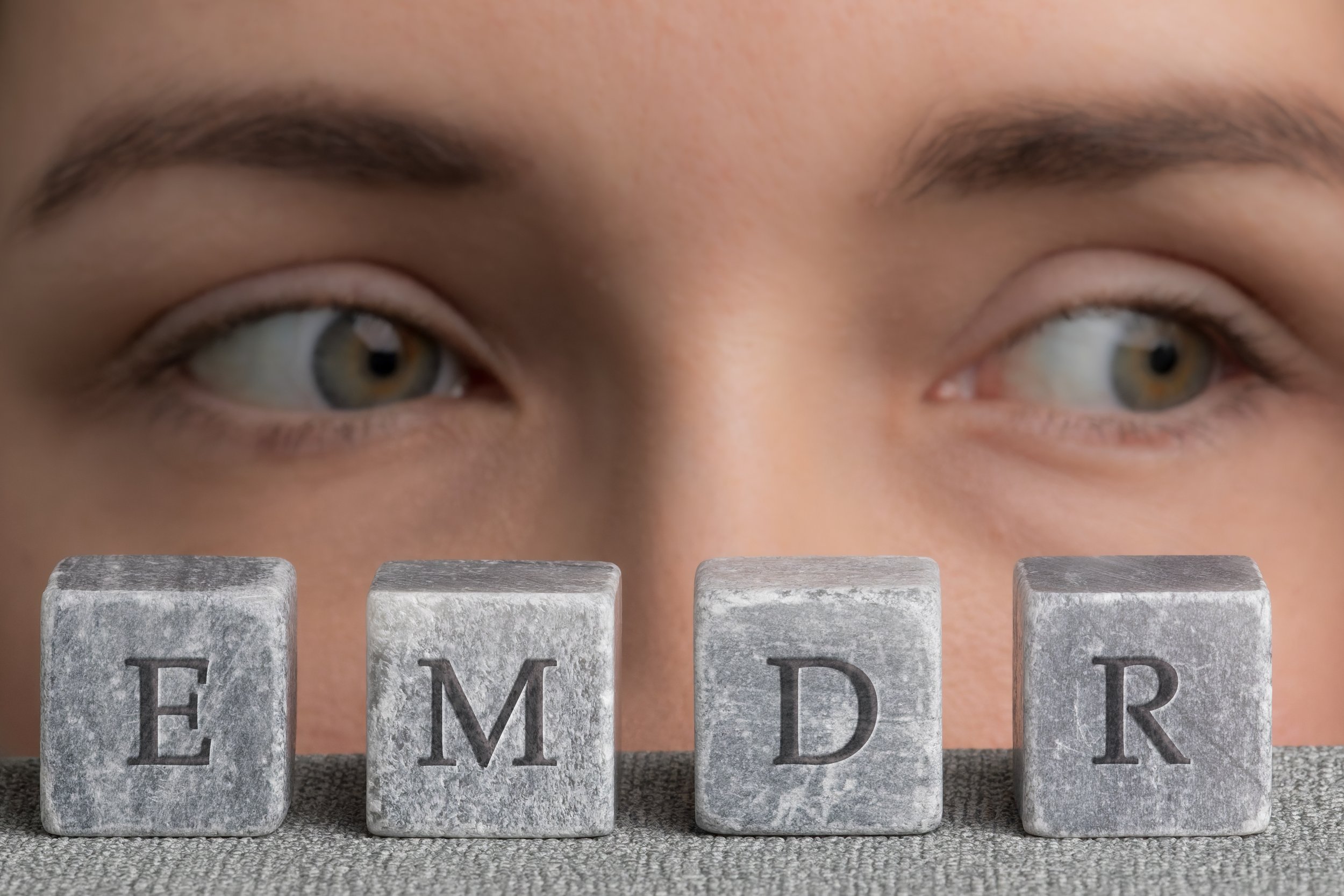What is EMDR and Its Benefits?
If you've been searching for effective therapy options, you may have come across the term EMDR. But what is EMDR exactly, and how can it help? In this article, I will explore EMDR, its process, and the many benefits it offers for mental health and emotional healing.
What is EMDR?
EMDR stands for Eye Movement Desensitization and Reprocessing. Developed in the late 1980s by psychologist Francine Shapiro, EMDR is a psychotherapy technique designed to help individuals process and heal from traumatic memories and emotional distress. Unlike traditional talk therapy, EMDR uses bilateral stimulation, often in the form of guided eye movements, tapping, or auditory tones, to help the brain reprocess disturbing memories.
How Does EMDR Work?
The core concept of EMDR is that traumatic memories can get "stuck" in the brain, causing ongoing emotional pain, anxiety, or distress. EMDR helps to unlock these memories and allows the brain to process them in a healthier way. During an EMDR session, a therapist guides the client through recalling distressing memories while simultaneously engaging in bilateral stimulation. This process helps to desensitize the emotional charge associated with the memory and promotes adaptive thinking.
The 8 Phases of EMDR
EMDR therapy follows a structured 8-phase approach:
History Taking and Treatment Planning
Preparation and Education
Assessment
Desensitization
Installation
Body Scan
Closure
Reevaluation
Each phase is designed to ensure that clients feel safe, supported, and ready to process traumatic experiences effectively.
Benefits of EMDR
Many people choose EMDR because of its numerous benefits, including:
Effective Trauma Resolution: EMDR has been extensively researched and shown to be highly effective in treating post-traumatic stress disorder (PTSD), childhood trauma, and abuse.
Reduced Anxiety and Depression: Many clients experience a significant decrease in symptoms of anxiety and depression following EMDR therapy.
Faster Results: Compared to some traditional therapy methods, EMDR often requires fewer sessions to achieve meaningful progress.
Improved Emotional Regulation: EMDR helps individuals process unresolved emotions, leading to greater emotional stability and resilience.
Enhanced Self-Esteem: As clients process past experiences, they often develop a more positive self-image and improved confidence.
Conditions EMDR Can Help Treat
While EMDR is widely known for its effectiveness in treating PTSD, it can also benefit individuals struggling with:
Anxiety disorders
Panic attacks
Phobias
Grief and loss
Chronic pain
Performance anxiety
Addictions
Stress-related disorders
Is EMDR Right for You?
If you are struggling with distressing memories, trauma, or emotional challenges, EMDR may offer the healing you need. Working with a trained and certified EMDR therapist is essential to ensure you receive safe, effective, and personalized care.
Conclusion
EMDR is a powerful, evidence-based therapy that offers hope and healing for those facing emotional pain and trauma. Its unique approach allows individuals to process past experiences, reduce emotional distress, and move forward with greater peace and resilience. If you're considering EMDR, consult with a qualified therapist to explore how this transformative therapy can support your mental health journey.
For more information or to schedule a consultation, contact us today to learn how EMDR can help you achieve lasting emotional wellness.
